- A photograph by Visions of Justice student Christopher Shurn
- Visions of Justice workshop students. Photo by Vasudhaa Narayanan
- A photograph by Visions of Justice student Christopher Shurn.
- A student shakes hand with a California man, the subject in a photograph. Photo by Sarahbeth Maney
- A photograph by Visions of Justice student Jerry Leonor.
- A photograph by Visions of Justice student Eugene Riley
- A photograph by Visions of Justice student Christopher Shurn.
- A photograph by Visions of Justice student Eugene Riley.
- The public opening celebration of the Visions of Justice Exhibition in 2019 at the San Francisco Hall of Justice. Photo by Sarahbeth Maney
The San Francisco Hall of Justice is not a space commonly associated with photography and the arts. Upon entering the large, stately courthouse, public office, and jail complex, visitors are met with a line of faded gray metal detectors as part of a required security screening. Each day people come to “the Hall” to serve jury duty, appear in criminal proceedings, visit loved ones in jail, or go to work. It is a heavy space, one often occupied by people going through some of the most difficult times in their lives. It is in this space and context that Visions of Justice—an exhibition featuring images created by formerly incarcerated photographers, brought together six months earlier via a photojournalism workshop—was held.
For the workshop participants, having their photographs framed and hung on the walls in the Hall of Justice was a transformative, radical act in its own right, one that deeply resonated with viewers throughout the course of the exhibition. Walking down the corridor to the district attorney’s office, one staff person commented that they had received an unprecedented number of calls from people interested in seeing the exhibit. Another person recognized a location close to their house, others noted how a person in one of the photographs reminded them of a family member, a friend, or themselves. Each image prompted a new interaction, connection, or story. One woman en route to her own court hearing commented that she saw one image, an overhead photograph of a man playing a drum on his lap, as an “emblem of hope.”
A public opening celebration of the six-month exhibition took place Feb. 12, 2019, sparking conversation around youth incarceration between key stakeholders within the criminal justice system:
“The kind of work we’re doing here is really important, taking the Hall of Justice, a place that traditionally would not be associated with bringing the art from youth that were formerly incarcerated, and sharing their thoughts and sharing their expression and providing them with a platform to show their vision of the world,” says San Francisco District Attorney George Gascón.
The pilot Visions of Justice photojournalism workshop, produced by Bay Area-based visual storytelling nonprofit CatchLight in partnership with Project Rebound at San Francisco State University, was an experiential learning opportunity for formerly incarcerated individuals. It was held prior to the start of the academic year, as an initial on-campus experience before enrolling in university courses. For 50 years, Project Rebound has helped formerly incarcerated men and women attend college across the state of California. According to data from the Journal of Correctional Education, 90 percent of formerly incarcerated people who seek education stay out of prison, while the rate for those who don’t seek education is 30 percent.
The workshop served as a vehicle for students to explore ideas of freedom, complex relationships, and personal experiences with the criminal justice system through photography and writing. Project Rebound offered the free workshop to students entering or currently enrolled at San Francisco State University. For the majority of participants, it was their first experience taking photographs to tell their own stories. Students not only learned basic camera settings through technical exercises and hands-on shooting assignments, they also explored creative approaches to sharing their own perspectives and stories through written journal responses, one-on-one photo-editing sessions, and peer-to-peer feedback. In addition to providing participants with visual storytelling tools and a dedicated space for self-expression, Visions of Justice was designed with an eye toward building community and helping to alleviate barriers that may impede court-involved youth from benefiting from Project Rebound’s higher education opportunities.
“It was a very moving experience telling my story through pictures. In a very short time the people in this workshop became family. They didn’t judge me, but encouraged me to tell my story honestly,” one student said.
Since the workshop and exhibition, several students have enrolled in higher education courses, gotten off probation, or have been hired for professional photo assignments including for features in VICE News and California Sunday Magazine. Additional mentorship opportunities and a set of DSLR cameras remain accessible to students to check out from the Project Rebound Office as they continue developing their personal visual storytelling practice. As one workshop student explains, “When for so long other people tell your story for you or show what you look like from their point of view, to be able to tell my own story with a camera and through my own eyes was empowering.”
The idea for the workshop emerged from photojournalist and 2017 CatchLight Fellow Brian L. Frank’s personal experience and long-term work looking at targeted policing and criminalization of minority youth. In his work, Frank discovered “ a common thread, a revelation that when I approached juveniles or young men and women with facts and my story alone, they would often turn a deaf ear, but when approached with stories rich in visuals, the previously unreachable would not only turn an all-interested eye, but eventually give me their ears too.”
Beyond transforming physical spaces through visual storytelling, the project aims to turn more eyes—and ears—toward creating a more just criminal justice system.
Acknowledgments: The Visions of Justice workshop and exhibition was supported by the Pulitzer Center on Crisis Reporting, the District Attorney’s Office of San Francisco, and the Willie Brown Institute, in partnership with CatchLight and Project Rebound. The workshop’s instructional team was led by Brian L. Frank, Justin Maxon, and Jenny Jacklin Stratton with assistance from students at the San Francisco State University Department of Journalism.

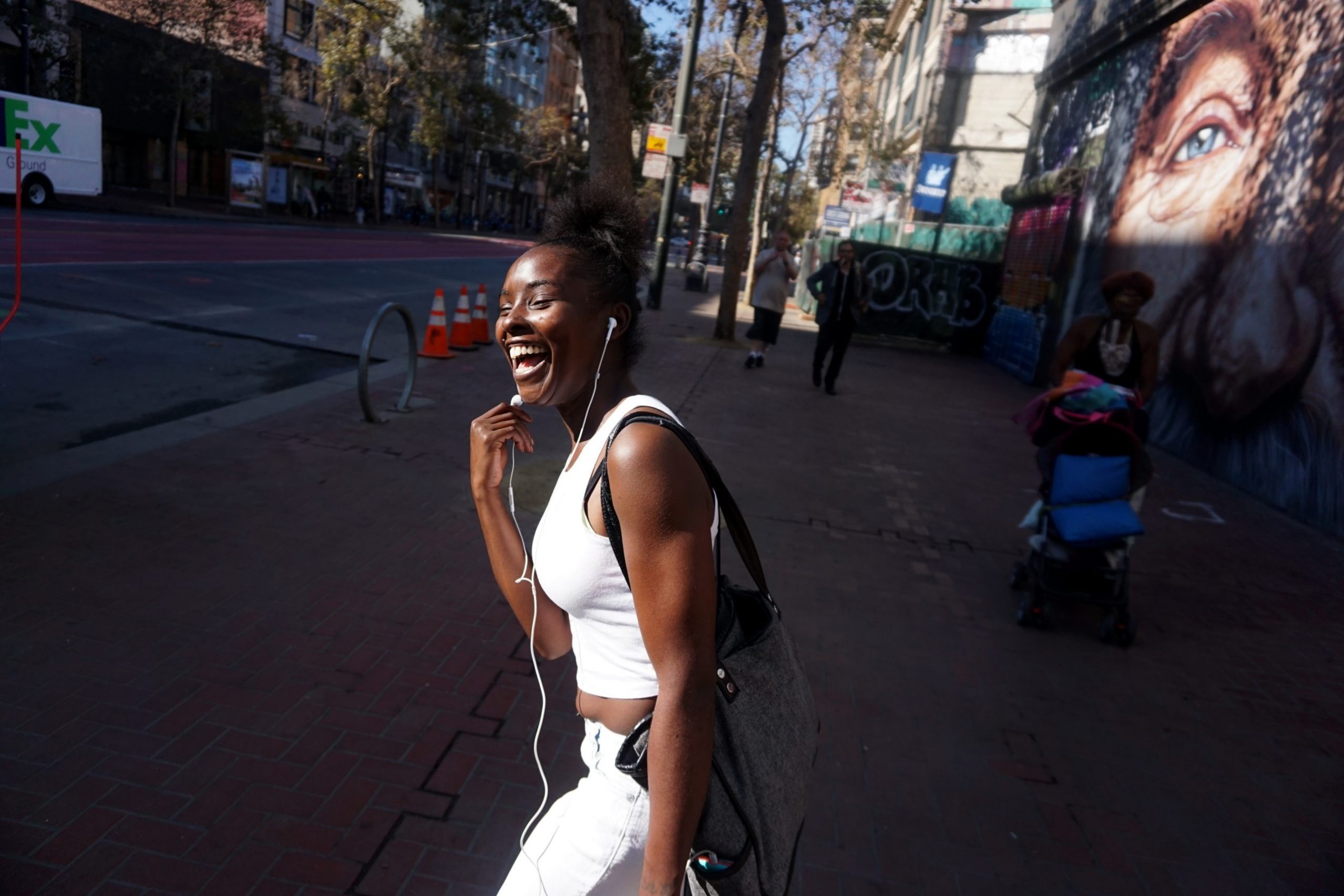
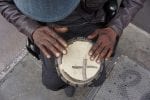
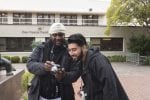
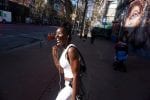
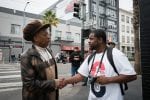
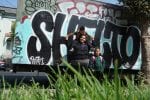
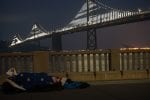
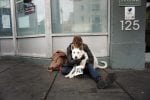
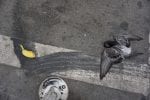
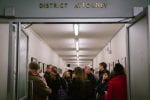

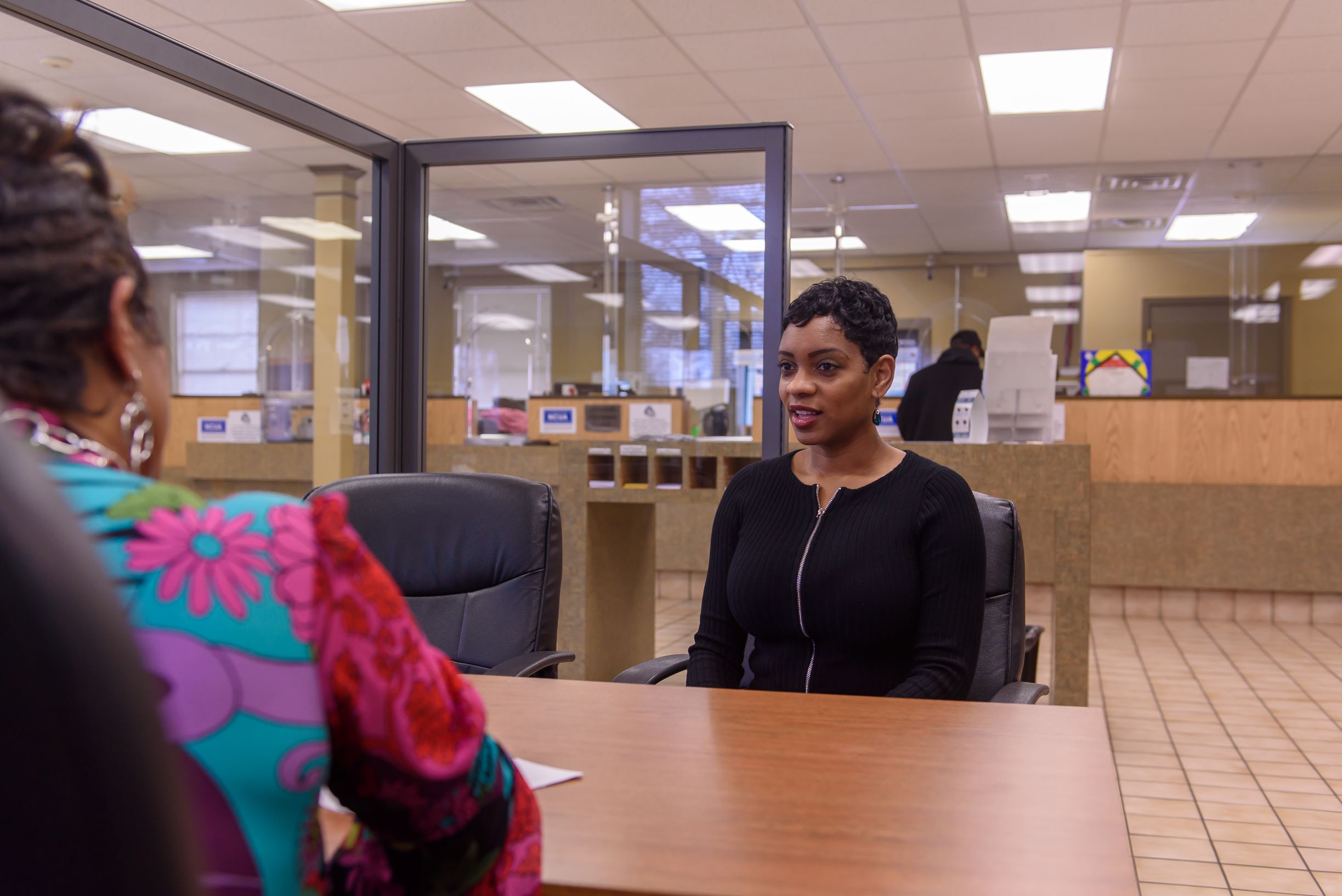
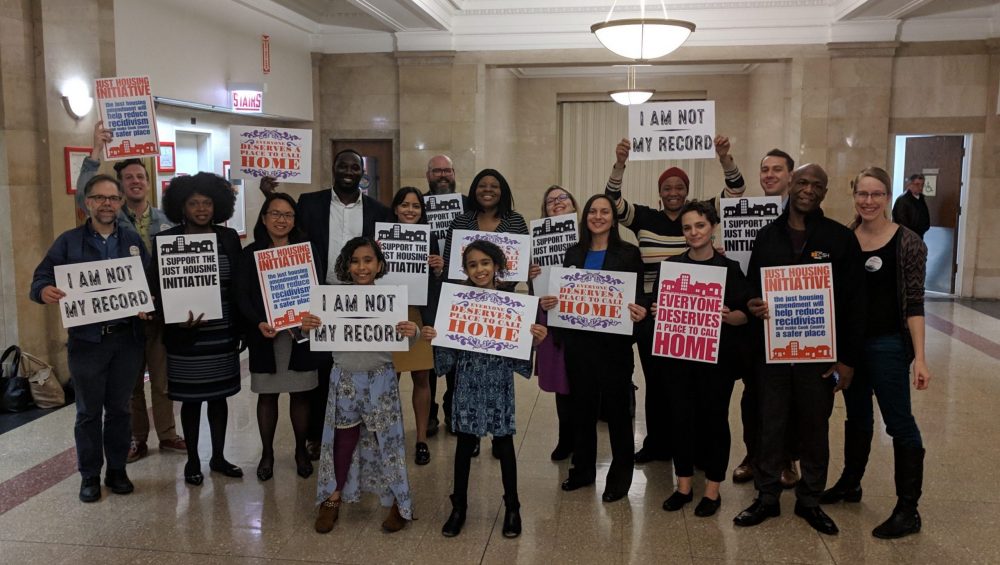
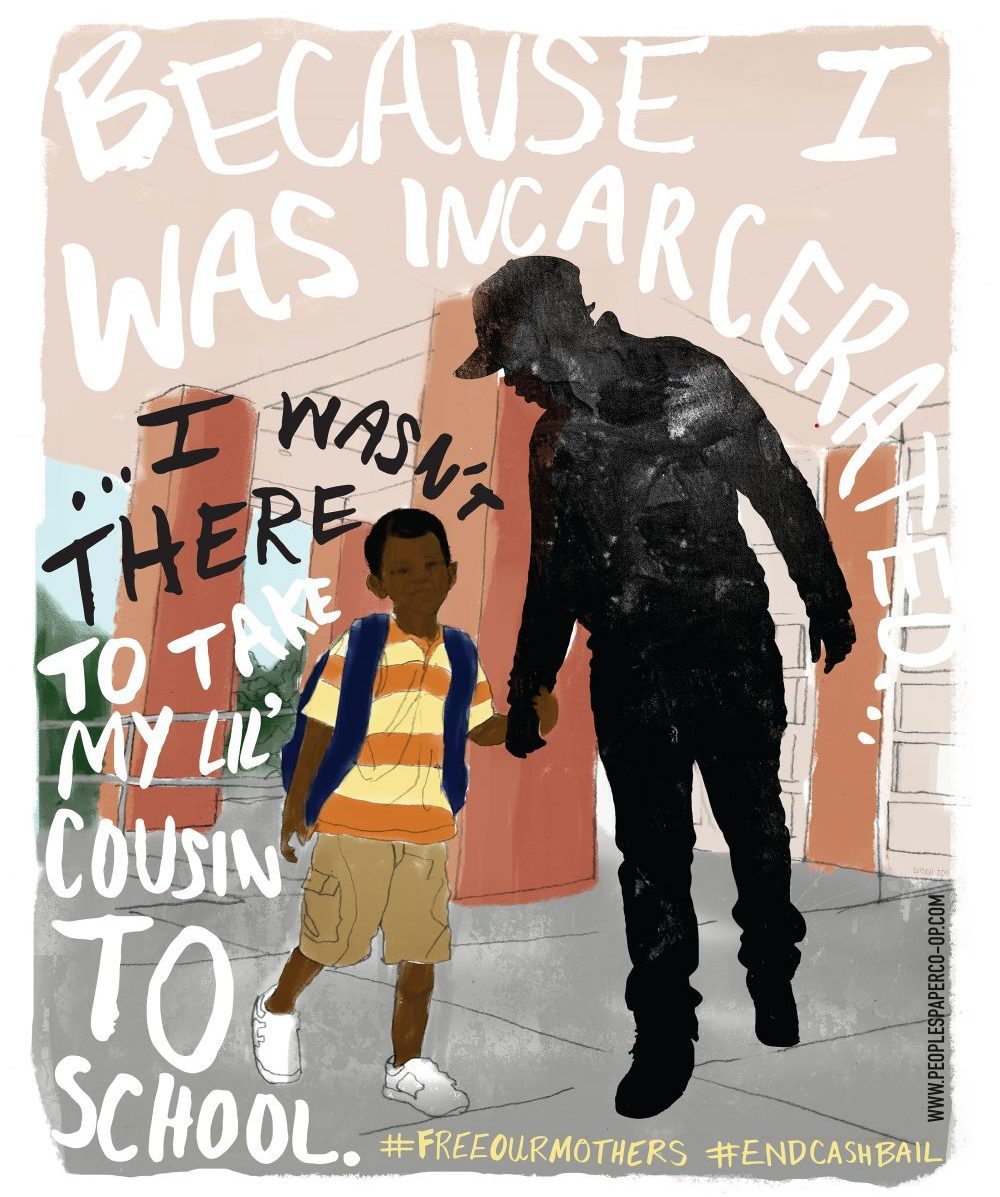
Nice story.